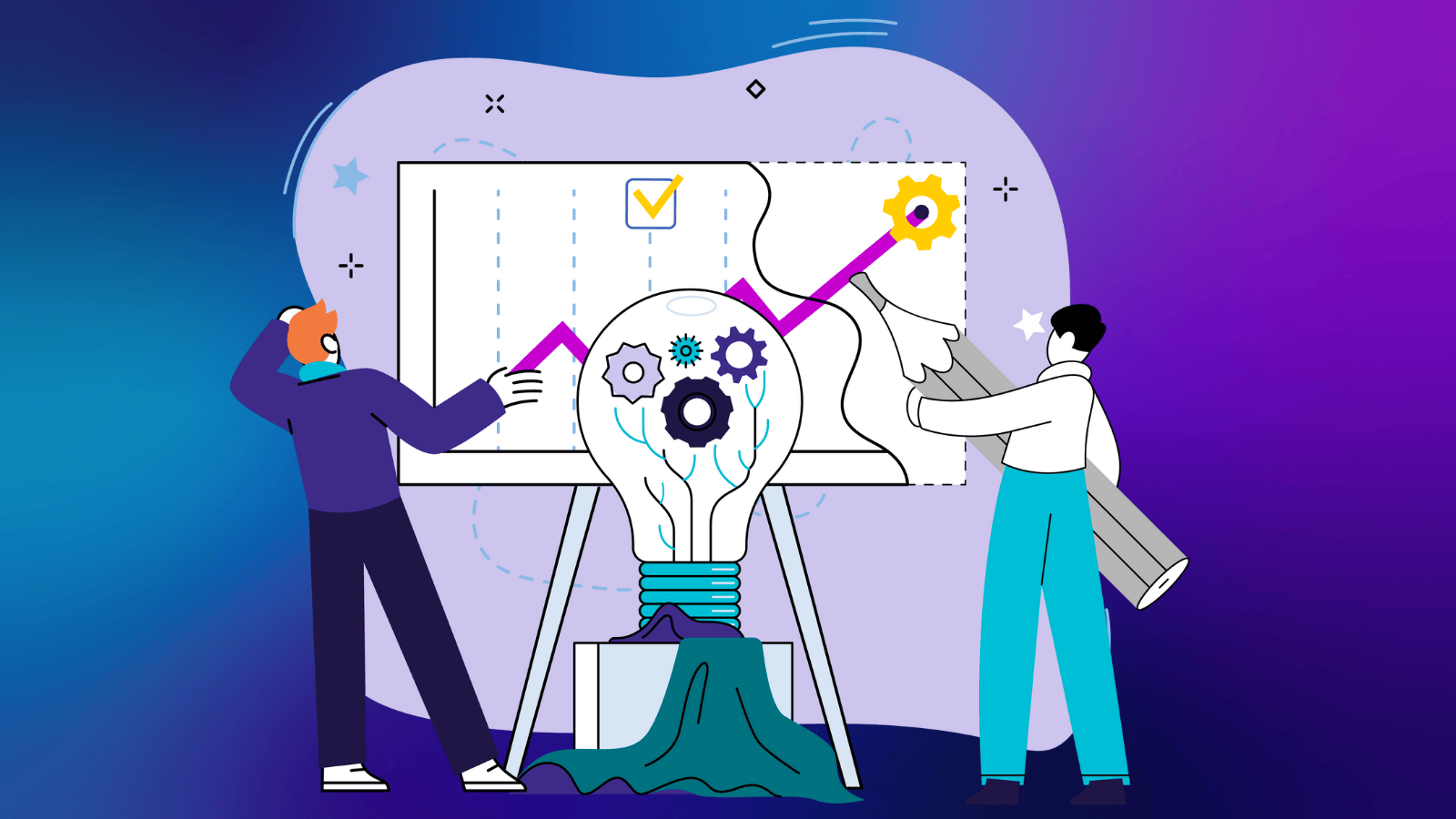Sales Training and Performance Olympic-Style
I love the Olympics. The competition is fantastic and more than the competition, I love to hear the stories of the talented athletes. The journeys of hard work, adversity, triumph and their excitement to be at the games is truly inspiring.
A few days before the 2018 Winter Olympics closing ceremony, I was fortunate to attend the Stevie Awards® for Sales and Customer Service. The talent in the room at this evening gala was incredible. Sales leaders from around the world were recognized for individual performance and team accomplishments. Statues and medals were received on a podium and yes, the award levels were Gold, Silver and Bronze. The parallels to the Olympic stage resonated.

Sports references are often used in sales conversations and the Olympics are no exception. In fact, in one of the acceptance speeches at the Stevie Awards, a sales leader spoke directly to the many similarities between sales professional excellence and Olympians.
After this particular speech, Simon, the Master of Ceremonies, returned to the stage. He shared the following observation with the audience. Olympians train four years for what may be a single event. Many of the events are over in seconds and a winner can be crowned with just a fraction of a second margin between first and second place. And for many athletes, this is the only opportunity to compete on the Olympic stage.
Sales is different. Unlike an Olympian training for a single event or contest, we must train daily to master our craft for every meeting, contact, opportunity and account. When we fail, we get up, dust ourselves off, reflect on the lesson and move on.
Here are five sales profession takeaways from the 2018 Olympic games:
- Tools matter. Olympic athletes have the best tools, equipment, uniform and technology at their disposal. Mikeala Shiffrin, the US Alpine Skier and medalist, shared that she traveled to Korea with 35 sets of skis. Why? She requires the right tool for various conditions and race types. She realizes that one size doesn’t always fit all and she needs to select the correct tool for the job at hand. Sales people also need the right tools to qualify prospects, manage time, communicate and team sell. Just as important is the skill to understand when and how to use the tool to leverage success and productivity.
- Coaching Matters. The best of the best have great coaches. A coaches’ role is to optimize performance by providing perspective, guidance and discipline to practice. For coaches to be most effective, a bond of trust and respect with their athletes is imperative. Beyond the critical role of a coach, the athlete also must have great insight to self-assess their own performance. They accept feedback, guidance, constructive correction, and recognition because they realize that even when they are at the top of their game, it is difficult to maintain that level of performance by oneself. I absolutely love when individual contributors recognize their team. No one can be successful long term, alone and in a vacuum.
- Training Matters. Training and coaching are two different things. Coaching helps optimize performance with guidance and perspective from a trusted expert. Training, on the other hand, is the foundation upon which competence is built. Training is where skills are developed through repetitive practice, trial and error, and muscle memory. It is where equipment and tools are understood, and process and execution are perfected. Training doesn’t have a beginning or end, rather it is a continuous process. As the environment shifts, the execution must adapt. That is why, even the best athletes and professionals alike, never cease to train.
- Process Matters. Every elite athlete has created his or her own recipe for success. Process is critical to be able to predict results. No Olympic athlete “wings it.” They have practiced tirelessly to know what to do, how to do it, and when to do it. Every step has a purpose and missing a step can lead to failure. Process-driven sales executives outperform those who execute haphazardly. A well-defined process eliminates both waste and errors, and creates structure for agility and growth; it is adaptable not rigid.
- Preparation Matters. Not one Olympic athlete takes to the ice, slopes, field or platform without sufficient preparation. Athletes have preparation down to a science. Their nutrition plans, training, rest and sleep cycles are all planned to optimize their ability to be successful. They check and double-check their equipment to ensure it is ready. They have contingency plans and make adjustments as conditions and circumstances change. World-class sales people prepare for every meeting. They have an agenda and desired outcome. They don’t waste their prospect’s time on frivolous discussion. Instead, they add value in every interaction.
There are so many lessons to learn from Olympians. There is no question that to perform at a gold medal-level, the athletes are the best of the best. This year’s Stevie Awards also recognized the best of the best in sales and customer service. We celebrated all performances and will emulate the best practices which enabled these outstanding accomplishments.
The good news – as sales professionals, we don’t have to wait four years to demonstrate we are at the top of our game. We get to do that each and every day!
Sell with Value!
Explore More









